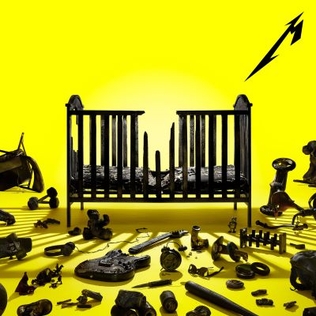AIRDATE: 8/18/2023
STORY: Marcie is a lot more than just Peppermint Patty's best friend...but she likes being Peppermint Patty's best friend. Marcie is a lot more than the bookish introvert...but she likes being the bookish introvert. She also likes being helpful, even if her efforts go under the radar. It's the results, not the renown, that matter. But when Marcie's grateful peers write her in as Class President, the world becomes a lot bigger...and that, she doesn't like.
MUSIC: Jeff Morrow again, very light and mellow piano. The ideal day is one where you can lay down and not feel like you're wasting time. 9
ANIMATION: Experimental yet fun. Abstract yet sensible. The art direction and shot composition give brilliant insight into a sweet, anxious mind. 10, my favorite animation of the Apple shows so far.
VOICES: Everyone does their character proud. Lexi Perri isn't my favorite Pep Pat (still a 9) but Arianna McDonald is probably the best Marcie to date. She puts the "flower" in "wallflower." 10 Isabella Leo does triple duty as Lucy, Tapioca Pudding and "Crybaby" Boobie. I give her a 9 just off the strength of Lucy's Marcie impression, which is so solid gold it should have dancers.
The sleeper of the special is Carlin, the first TV-exclusive character in the Peanuts universe since Charles 1997's It Was My Best Birthday Ever, Charlie Brown. Antonina Battrick is marvelous as the little Marcie to Marcie's Peppermint Patty (even calls her "ma'am). 9
GOING OUTSIDE
--Marcie doesn't use her outlier status as an excuse to demand others kowtow to her every whim or adjust their lives for her benefit or even expect everyone to understand, exactly, what makes her clock hands go. Lots of us can learn from her example.
--Nor does Marcie fundamentally change who she is. This is a young girl as comfortable in a library as she is on a golf course. She adapts. She thrives.
STAYING INSIDE
--Love Sally to death, but I didn't even notice her absence from this special until it was pointed out.
--For a second there, I thought Marcie was going to suggest a recipe for Fish Pizza.
--Can't grab screenshots off Apple programs, at least not the best way. So here, enjoy the photos I took of my computer during two of the absolute most hilarious scenes in animated Peanuts history.

SCORE
Strong 9. Calm and sweet as a sunrise, sincere and profound as heavy rainfall. If you love shopping at Hallmark, but hate watching Hallmark movies, you'll love Apple's Peanuts.








.jpg)





























